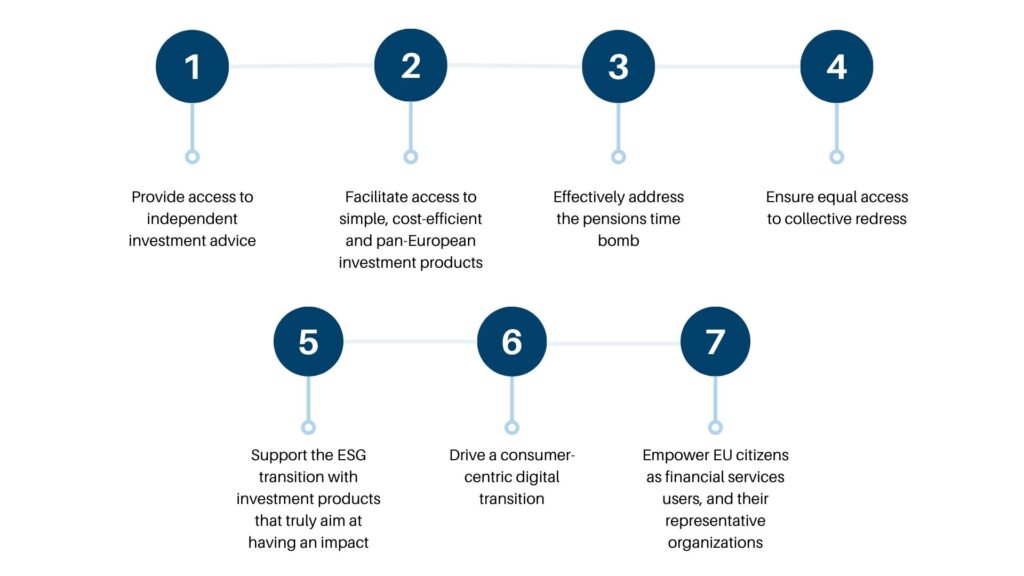BETTER FINANCE (short name for the European Federation of Investors and Financial Services Users) is the public interest non-governmental organisation advocating and defending the interests of European citizens as financial services users at the European level to lawmakers and the public in order to promote research, information and training on investments, savings and personal finances. It is the one and only European-level organisation solely dedicated to the representation of individual investors, savers and other financial services users.
BETTER FINANCE membership has developed since its creation in 2009, and counts today 39 independent, national and international member organisations with a similar purpose from the European Union Member States as well as Iceland, Norway, Turkey, Lebanon and Cameroon.
BETTER FINANCE believes that the financial system exists to serve the real economy and citizens by ensuring the optimal allocation of capital and providing other financial services in the most efficient way. In order to restore trust in financial services, the current dominance of financial institutions over the real economy must be curbed and the primacy of a sustainable real economy promoted.

